.jpg)
.jpg)
The Microaggressions and Microaffirmations Project (M&M Project) at the College of Wooster is a campus photography project aimed at raising awareness about microaggressions and promoting the adoption of microaffirmations. The project involves taking photos of people holding up written signs of their encounters with these micro-interactions, developing a website to feature the photos, and utilizing the website as part of classroom instructions, faculty and staff development, student leadership training, and more. The M&M Project is funded by the Hamburger Endowment for Collaborative Projects and Program Development.
Microaggressions are everyday small slights, snubs, and insults, whether intentional or not, that communicate negative messages to recipients based on their group membership such as their race, gender, religion, or sexual orientation (Sue 2010).Coined by Chester Pierce, microaggressions can be verbal, nonverbal, and even environmental. The effects of microaggressions are cumulative and can have significant consequences. In the context of higher education, microaggressions can be detrimental to students from marginalized communities in terms of their academic performance, college retention rate, and overall sense of belonging on campus (Harwood et al. 2015).
Microaffirmations, on the other hand, are small gestures of inclusion and caring that convey to recipients that they are welcomed and valued (Pittinsky 2016; Rowe 2008). Like the effects for microaggressions, microaffirmations can yield positive outcomes in a school setting. These acts of kindness can lead to better academic outlook and performance in students and an increase in their sense of belonging (Pittinsky and Montoya 2016). By raising awareness about the harmful effects of microaggressions and informing people about the power of microaffirmations, the goal of the M&M Project is to foster a more welcoming, understanding, and caring Wooster community.
The idea behind the M&M Project originated at my previous institution, Hendrix College. I started the project after seeing online photos of college students holding written signs of their encounters with microaggressions. In addition to microaggressions, I included microaffirmations to further promote meaningful and positive interactions among students, staff, and faculty at Hendrix. After joining the College of Wooster, I pitched the project idea to students, staff, and faculty. Through their support, the College funded the photography project and the rest is history. For more on the M&M Project at Hendrix College, please go here.

In Fall 2022, we invited members of the Wooster community to participate in a photo shoot and share their experiences with microaggressions and microaffirmations. The photo shoot was open to students, staff, and faculty, and all identity experiences were welcomed. A total of 125 people participated in the photo shoot. The experiences shared were wide ranging, from past encounters with microaggressions in class to messages of microaffirmations that they received from others.
After the photo shoot, our photographers edited the photos and our web designer worked on the website layout and functionality. We also contacted all photo shoot participants to add a story to their photo for more context.
In Spring 2023, we revealed the M&M Project website to the campus community and have since showcased photos from the website in different settings. The interactive website includes features where visitors can learn about the project and view photos of participants sharing their experiences with microaggressions and microaffirmations. Visitors can select any photo for a closer look and read a story about the photo to better understand the context behind participants' experiences.
.jpg)
.jpg)
The M&M Project website can be used for many different purposes. For instance, professors can showcase photos of microaggressions and microaffirmations as part of classroom instruction. The College can also utilize the website as training material for faculty and staff development. Even more, the photos from the M&M Project website can be featured during New Student Orientation, so that every incoming student can learn more about the harmful effects of microaggressions and the potential power of microaffirmations. The possibilities are endless.
Going forward, we hope to maintain the M&M Project website as a living document, where we hold mini-photo shoots and invite members of the Wooster community to share their encounters with microaggressions and microaffirmations. As we document more experiences, new pressing matters may emerge and we as a campus community can respond accordingly and proactively.
For now, we invite people to visit the M&M Project website and engage in meaningful discourse with one another. Thank you.
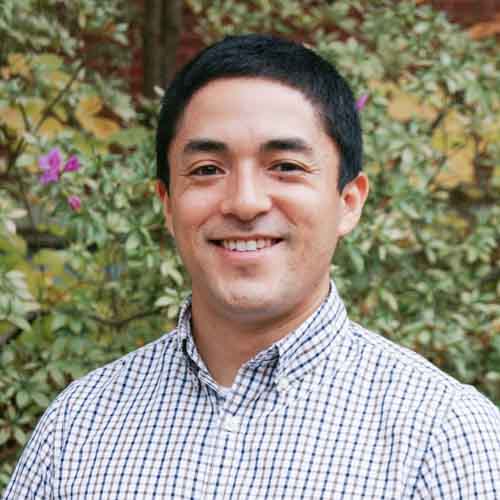
He/Him
Assistant Professor of Sociology
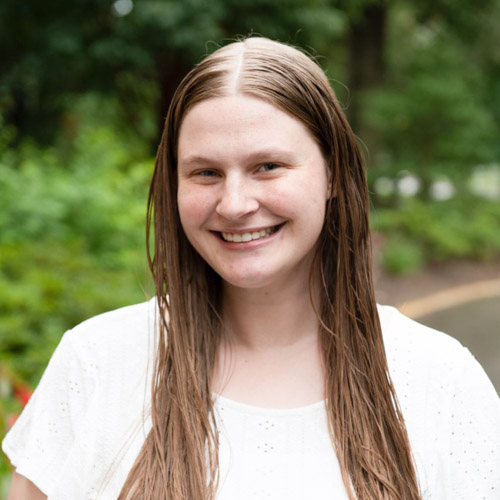
She/Her
Coordinator of Sexuality & Gender Inclusion Program
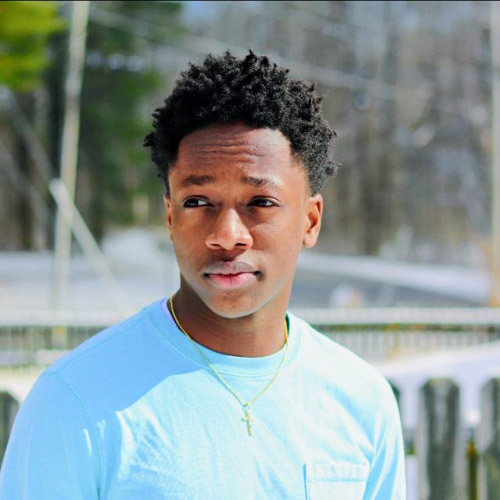
He/Him
Web Designer
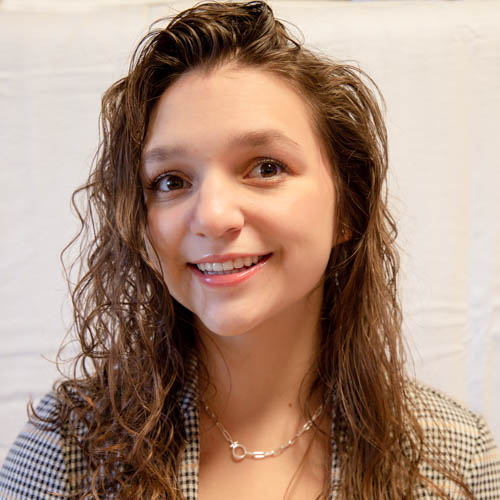
She/Her
Photographer
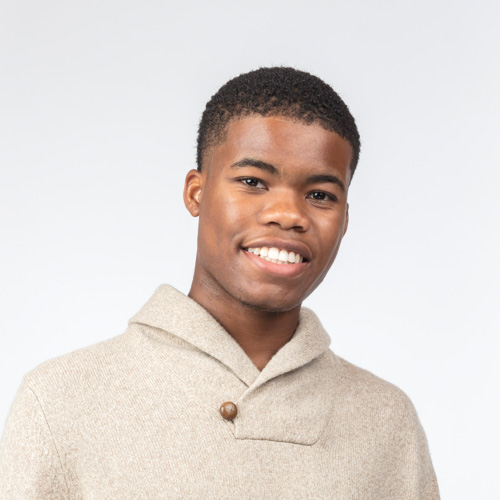
He/Him
Photographer
Harwood, Stacy A., Shinwoo Choi, Moises Orozco, Margaret Brown Hunt, Rudy Mendenhall. 2015. Racial Microaggressions at the University of Illinois at Urbana-Champaign: Voices of Students of Color in the Classroom. Champaign, IL: University of Illinois at Urbana-Champaign.
Pittinsky, Todd L. 2016. “Backtalk: Why Overlook Microaffirmations?” Phi Delta Kappan, 98(2):80.
Pittinsky, Todd L., and R. Matthew Montoya. 2016. “Emphatic Joy in Positive Intergroup Relations.” Social Issues, 72(3):511-523.
Rowe, Mary. 2008. “Micro-Affirmations and Micro-Inequities.” Journal of International Ombudsman, 1(1):45-48.
Sue, Derald Wing. 2010. Microaggressions in Everyday Life: Race, Gender, and Sexual Orientation. Hoboken, NJ: Wiley.